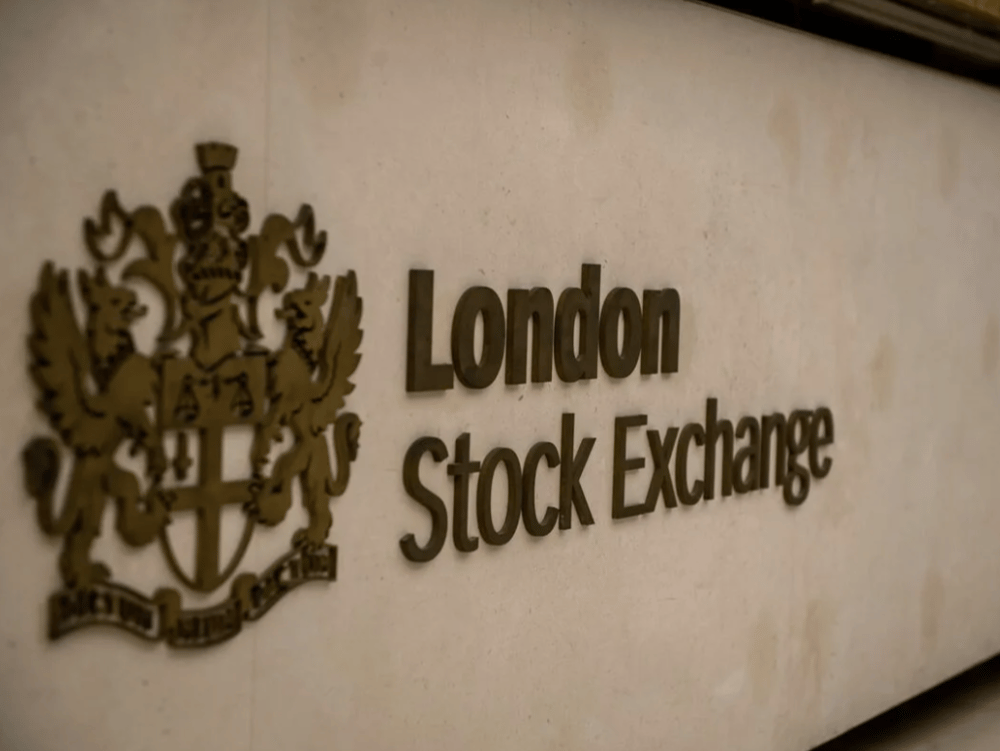Jim Ratcliffe’s Plea to the UK Government on Business Costs
Jim Ratcliffe, the British billionaire and owner of INEOS, has made a bold appeal to the UK government, urging it to reduce the financial burden on businesses due to environmental regulations. According to Ratcliffe, the increasing costs of environmental compliance, combined with high energy expenses, are discouraging investment in the UK. His comments come at a time when the government is facing significant pressure to grow the economy while addressing the challenges faced by energy-intensive industries such as steel manufacturing.
Ratcliffe's call highlights the ongoing debate surrounding the UK’s climate goals and the financial pressures on businesses that are essential to the country’s industrial base. The owner of INEOS, a global petrochemical giant, argues that the costs associated with the UK’s emissions trading system (ETS) are a heavy burden on industries that are already struggling with soaring energy prices.
The Growing Costs of Environmental Compliance in the UK
The UK’s commitment to reducing carbon emissions has led to the implementation of policies like the emissions trading system (ETS), which charges industrial companies for every ton of carbon dioxide they emit. While the system aims to incentivize companies to reduce their carbon footprints, it has also resulted in significant costs for energy-intensive industries.
INEOS, a leader in the chemical and petrochemical sectors, has announced that it will be charged £15 million (approximately $20 million) for its carbon emissions under the UK’s ETS. This is a significant amount for a company operating in a highly competitive global market. According to Ratcliffe, these additional costs, combined with high electricity prices, are making the UK an increasingly unattractive destination for investment.

Key Points of Ratcliffe's Argument:
High Environmental Costs: Ratcliffe argues that environmental regulations, such as the UK's emissions trading system, are driving up business costs.
Energy Prices: The high cost of electricity in the UK exacerbates the financial challenges faced by energy-intensive industries.
Investment Concerns: The increasing costs are discouraging foreign and domestic investments in the UK, according to Ratcliffe.
Challenges for Energy-Intensive Industries in the UK
Energy-intensive sectors, particularly those that rely on heavy manufacturing processes like steel production, are facing what industry representatives describe as the highest operating costs in Europe. These industries are being squeezed by rising energy costs and additional charges for their environmental impact. According to Ratcliffe, such costs are untenable for businesses competing on the global stage, where other countries may offer more favorable conditions for manufacturing.
In the case of INEOS, the £15 million charge for its carbon emissions under the ETS is only one example of the many financial challenges facing businesses in the UK’s industrial sector. These costs are not just a burden for INEOS but for many other companies operating in energy-intensive sectors, such as steel and cement, which are integral to the UK’s industrial fabric.
Factors Contributing to High Costs:
Energy Prices: High electricity prices in the UK make it more expensive for energy-intensive industries to operate.
Emissions Trading System (ETS): The ETS imposes additional costs on industries by charging them for carbon emissions.
Global Competition: Other countries with lower environmental and energy costs are more attractive for investment.

Government Pressure to Support Economic Growth
With the UK economy facing multiple challenges, including slow growth and increased competition from other countries, the government is under increasing pressure to support its industrial base. The manufacturing sector, particularly energy-intensive industries, has been vocal about the need for financial relief in the face of soaring energy prices and high environmental compliance costs.
Ratcliffe’s remarks highlight the broader issue of how environmental policies are balancing with economic growth. While the UK government remains committed to its climate change objectives, the need to ensure a competitive and sustainable industrial base is more urgent than ever.
Possible Solutions to Address Business Concerns:
Energy Subsidies: The government could consider providing subsidies or financial relief to energy-intensive industries to help mitigate high electricity prices.
Reform of ETS: There may be opportunities to adjust the emissions trading system to make it less burdensome for businesses while still achieving climate goals.
Investing in Green Technologies: The UK could focus on supporting industries in adopting green technologies that reduce both emissions and energy costs.
The Need for a Balanced Approach
Jim Ratcliffe's appeal to the UK government serves as a reminder of the challenges faced by energy-intensive industries in the country. While the UK's ambitious climate goals are essential, it is equally important to ensure that businesses can remain competitive in a global market. As the UK continues to navigate the complexities of environmental regulation and economic growth, a balanced approach that supports both sustainability and industrial competitiveness will be key to maintaining a thriving economy.
The current high costs of environmental compliance, including the UK’s ETS charges, have placed a significant burden on companies like INEOS. As the government works to address these concerns, finding solutions that allow businesses to continue thriving while meeting climate targets will be crucial for the UK's long-term economic success.















Comments